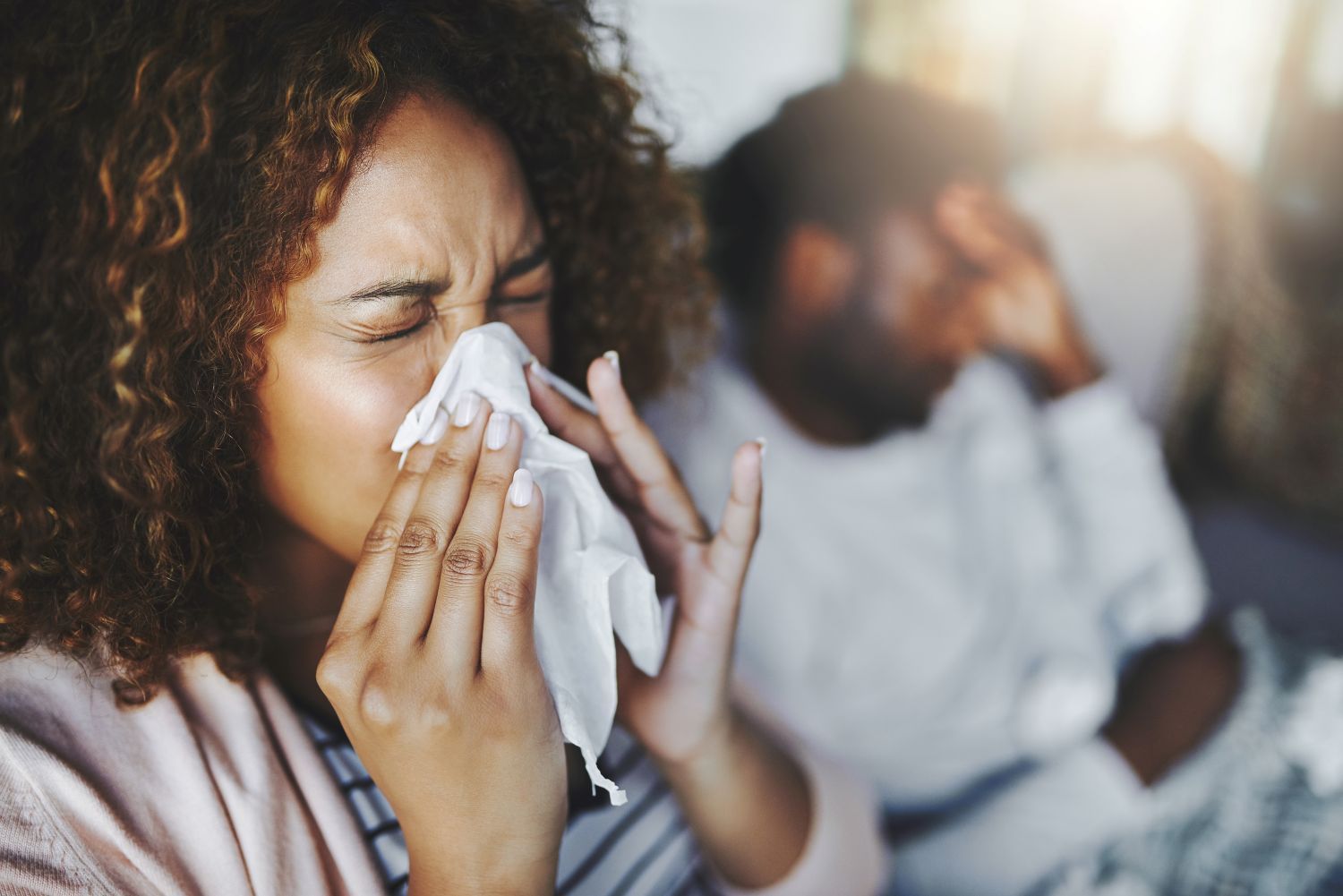Common Causes of Sinus Infections and How to Prevent Them
Sinus infections, which are generally called sinusitis, are extremely uncomfortable and can interfere with a person’s activities. In this blog, we will discuss the common causes of sinus infections and provide you with valuable prevention tips.
Understanding Sinus Infections
Before discussing the causes, let's first understand sinus infections. Sinusitis is a condition of the nasal passages brought about by inflammation and infection of the sinus cavities. The air-filled cavities in the face get are congested with fluid or tissue swelling that prevents the normal function of clearing debris and foreign elements.
Common symptoms of sinus infections include:
- nasal congestion
- thick nasal discharge
- foul odors
- facial pain and headaches
Sinus infections are classified as acute or chronic. Acute cases last a few weeks, while chronic sinusitis are issues that persist and last longer than three months.
Common Causes of Sinus Infections
Viral Infections
The common contributory factor of acute sinusitis is viral infections, such as having a cold or flu. These viruses are capable of sparking inflammation in the sinuses, which later develop into severe conditions.
Bacterial Infections
Another common cause of prolonged sinus infection is bacterial infections. When bacteria infiltrate the sinuses, the condition tends to be more severe, and the treatment lasts longer than viral infections.
Allergic Rhinitis
Dust, pet dander, pollens during spring and summer, and other airborne allergens are the main culprits in the development of allergic rhinitis. Neglecting the early signs of an allergic reaction may progress to a more severe condition called sinusitis.
Nasal Polyps
A noncancerous growth in the nasal passages or sinus lining is called a nasal polyp. Extensive nasal polyposis can obstruct the sinuses, leading to inflamed sinus lining and chronic sinusitis.
Structural Abnormalities
A deviated septum or other nasal structural abnormalities can impede proper sinus drainage, causing nasal congestion and increasing the risk of sinus infections.
Environmental Factors
Inhaling pollutants, such as cigarette smoke or chemicals, can cause nasal irritation, which can ultimately contribute to nose and sinus swelling and poor drainage.
Weakened Immune System
Individuals with compromised immune systems caused by specific medical conditions or medications have an increased susceptibility to sinus infections.
Prevention Strategies for Sinus Infections
To prevent sinus infections, we will discuss practical strategies to keep your sinuses healthy and infection-free.
1. Practice Good Hygiene
- Make it a habit to use soap and water when cleaning your hands.
- Refrain from frequently touching your face, particularly your nose and eyes, to prevent harmful germs from entering your sinuses.
2. Maintain a Clean Environment
- Keep your living space clean, ensuring it remains untarnished by dust, pet dander, and other allergy-inducing substances.
- Enhance the quality of the air indoors by utilizing air purifiers or filters.
3. Manage Allergies
- Take proactive measures to avoid coming into contact with your allergens. Nonetheless, when you’ve already been affected by it, seek advice from an allergist or ENT for precise diagnosis and effective treatment.
4. Stay Hydrated
- Drink plenty of fluids to keep your nasal passages moist and help prevent congestion.
5. Use Nasal Irrigation
- Regularly rinse your nasal passages with saline solution to flush out irritants and promote sinus health.
6. Avoid Irritants
- Stay away from cigarette smoke, strong chemical odors, and other irritants that can trigger sinus inflammation.
7. Maintain Optimal Humidity
- Use a humidifier to moisten the air, especially during dry seasons or in dry climates.
8. Boost Your Immune System
- Add an immune-boosting food such as fruits and vegetables to your diet
- Exercise regularly
- Get enough sleep
- Manage stress levels effectively.
9. Seek Medical Treatment
- If you have recurring sinus infections, consult an ENT specialist for appropriate medical treatment options.
When to Seek Medical Help
While preventive measures are essential for managing sinus infections, it's crucial to recognize when professional medical help is needed. Consult a healthcare provider if:
- Your symptoms worsen or persist despite home remedies.
- You experience severe facial pain or swelling.
- You have a high fever or signs of a severe infection.
- Your sinusitis is recurrent or chronic.
Conclusion
Understanding the common causes of sinus infections empowers you to take proactive steps toward prevention. Adopting preventive sinusitis strategies and seeking medical help, when necessary, can significantly reduce sinus infections' frequency and severity.
Remember to prioritize self-care and sinus health to enjoy a life free from the discomfort of sinusitis.
ENT Care Centers is committed to providing outstanding and compassionate care for all your sinus and nasal needs in Louisville, Kentucky, and southern Indiana. Our team of experienced specialists is dedicated to guiding you towards optimal health and well-being. Please feel free to reach out to us with any inquiries or concerns. We look forward to assisting you.













